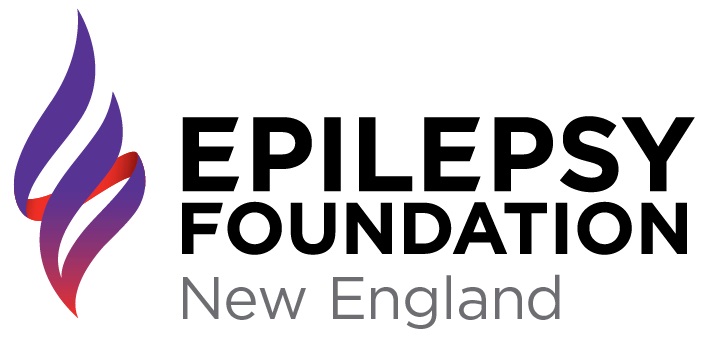Find a Doctor
About Epileptologists
Treating seizures successfully requires a team effort between you, your family, and your health care team. While emergency room doctors or primary care doctors may be the first type of doctor seen after experiencing a seizure, neurologists or physicians who care for people with neurological disorders should be consulted.
When seizures are difficult to diagnose or do not respond to standard therapy, a neurologist who specializes in epilepsy, called an epileptologist, should be consulted. The epileptologist may be found in different locations: at hospitals, group or private practices, academic teaching hospitals, or specialized epilepsy centers.
How can I find a doctor who specializes in epilepsy?
Epilepsy Foundation New England and the Epilepsy Foundation of America are working together with the American Epilepsy Society (AES) to give you a searchable database of physicians who are epileptologists or specialize in some way in the care or research of people with epilepsy.
While most epileptologists are members of AES, a professional organization of health care professionals interested in epilepsy, this database in not inclusive of all epileptologists or specialists.
How can I find an epilepsy center?
An epilepsy center is a group of health care professionals who specialize in the diagnosis, care, and treatment of people with seizures and epilepsy. Usually led by an epileptologist (a neurologist specializing in epilepsy), the specialized center should also include other health care professionals to meet the diverse needs of people with seizures and their families.
Find an epilepsy center by searching the database of members of the National Association of Epilepsy Centers (NAEC), a group dedicated to promoting a team approach to epilepsy care.
Epilepsy Resource Rooms
Epilepsy Research Rooms have been set-up at hospitals and medicals centers throughout Massachusetts & New Hampshire to offer active listening while providing community resources, individualized support, education, and services to help people manage their epilepsy and challenges related to epilepsy. Support is free and open to anyone living with epilepsy and caregivers for people living with epilepsy. Services are provided to children, youth, and adults.
Learn more about epilepsy resource rooms and where to find one.
Where can I find other health care professionals in epilepsy care?
Epilepsy centers listed with the NAEC should provide access to nurses, social workers, psychologists, psychiatrists, pharmacists, EEG technologists, and more. Find a center near you and talk to the epilepsy doctor about their programs and services.
While not all centers will have the full range of specialty care, they can likely refer you to resources in your area. You can also visit the AES website to find non-physician epilepsy specialists and researchers.
Epilepsy Foundation New England and National Epilepsy Foundation do not recommend or endorse individual physicians, specialized epilepsy centers, or other health care professionals. The Epilepsy Foundation is not responsible for the qualifications of the health care professionals listed and is not liable for actions resulting from the use of these search tools.
